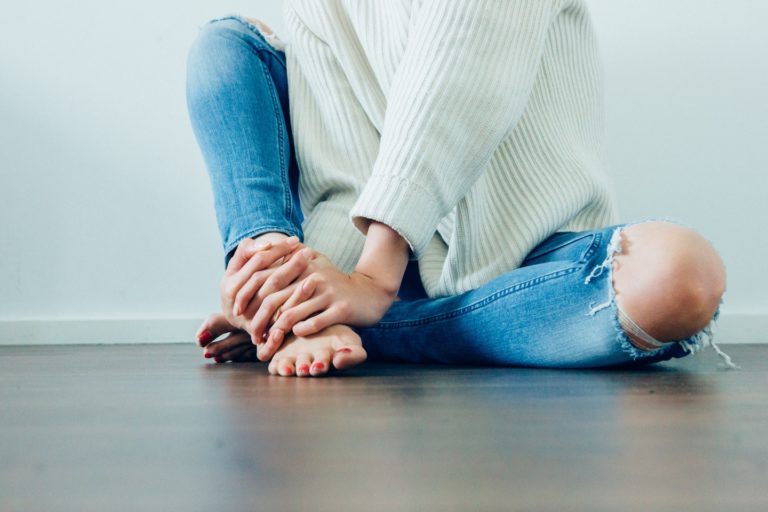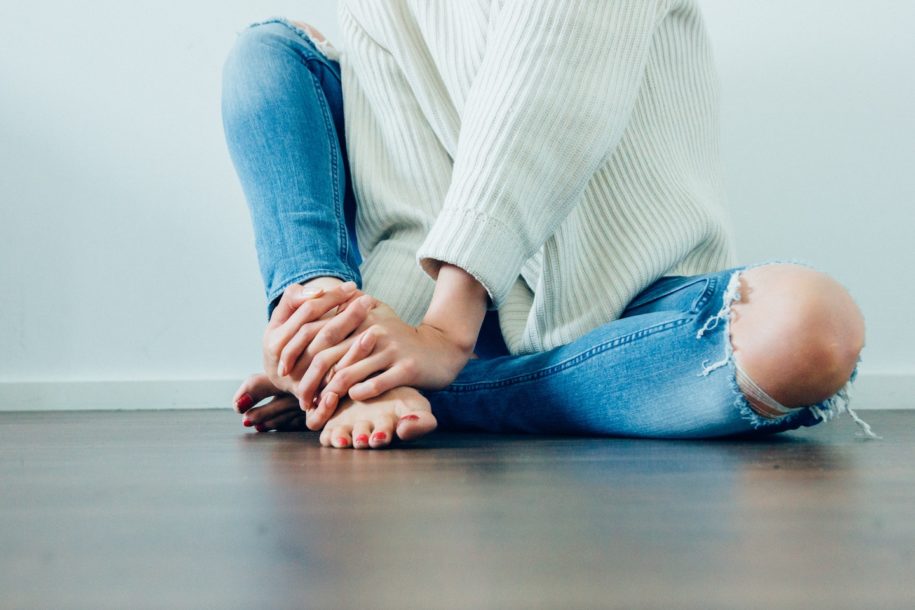Vaginal Pain During Sex: Four Questions to Help Understand Your Symptoms

When a woman experiences pain during sex it will effect the couple both physically and emotionally. If you’ve noticed a sudden or progressive change in how your body feels, ask yourself these four questions. Understanding your symptoms will help you and your healthcare provider best treat your pain.
Is the pain inside your vagina?
Pain or irritation along the walls of your vagina may indicate vaginitis, inflammation caused by an overgrowth of bacteria or yeast. Bacterial and yeast infections are quite common and can cause sudden changes both inside and outside of your vagina including redness, irritation, itching, and abnormal vaginal secretions. Have you had a recent illness, increased stressed levels, or changes to your diet or medications? These changes can shift the balance of your normal vaginal flora and cause infections. Both types of infections can be easily diagnosed during an evaluation n my office. Treatments will likely include immune system support and botanical or prescription antibiotics or antifungals.
Is the pain deep?
Pain deep at your cervix or inside your uterus warrants investigation. In my practice, I may recommend procedures such as a pelvic ultrasound or laparoscopy to evaluate for adenomyosis, endometriosis, fibroids, or cysts. Pelvic inflammatory disease, caused by sexually transmitted infections, can also cause deep pain and can be tested for during your appointment. Treatments for complex conditions such as adenomyosis or endometriosis may include a team of practitioners using nutrition, Western medicine, and integrative approaches.
Is your vagina dry?
Vaginal dryness is common during various seasons of a woman’s lifespan. After giving birth and while breastfeeding our estrogen levels lower. These low levels can reduce the amount of lubrication normally produced inside of our vaginas. The same is true for menopausal women. For women in these seasons of life, using quality lubricants during sex will improve comfort. Other treatments should focus on proper hydration, nutrition, and healthy fats to maintain optimal vaginal moisture. I also often recommend using estrogen cream inside the vagina to ease symptoms.
Has the pain been present for a long time?
If you have had chronic pain around the vaginal opening, despite negative tests for infection, you may have vulvodynia. While there is no clear cause or easy treatment for vulvodynia, I recommend specialists such as physical therapists specializing in women’s health, or sexual health specialists to help you overcome pain and discomfort. Nutritional therapy is also helpful to evaluate for nutrient deficiencies and develop a bio-individual plan for an anti-inflammatory diet.
Courtney Hasseman is a Certified Nurse-Midwife and Nurse Practitioner who provides integrative gynecologic care for women. Additionally, she is certified in nutritional therapy and offers functional nutrition programs specializing in hormonal and menstrual health. Courtney is an educator at heart and is passionate about providing unhurried, highly personalized, comprehensive care for women. She provides both in-person and online consultations based from her Northern Virginia clinic.
